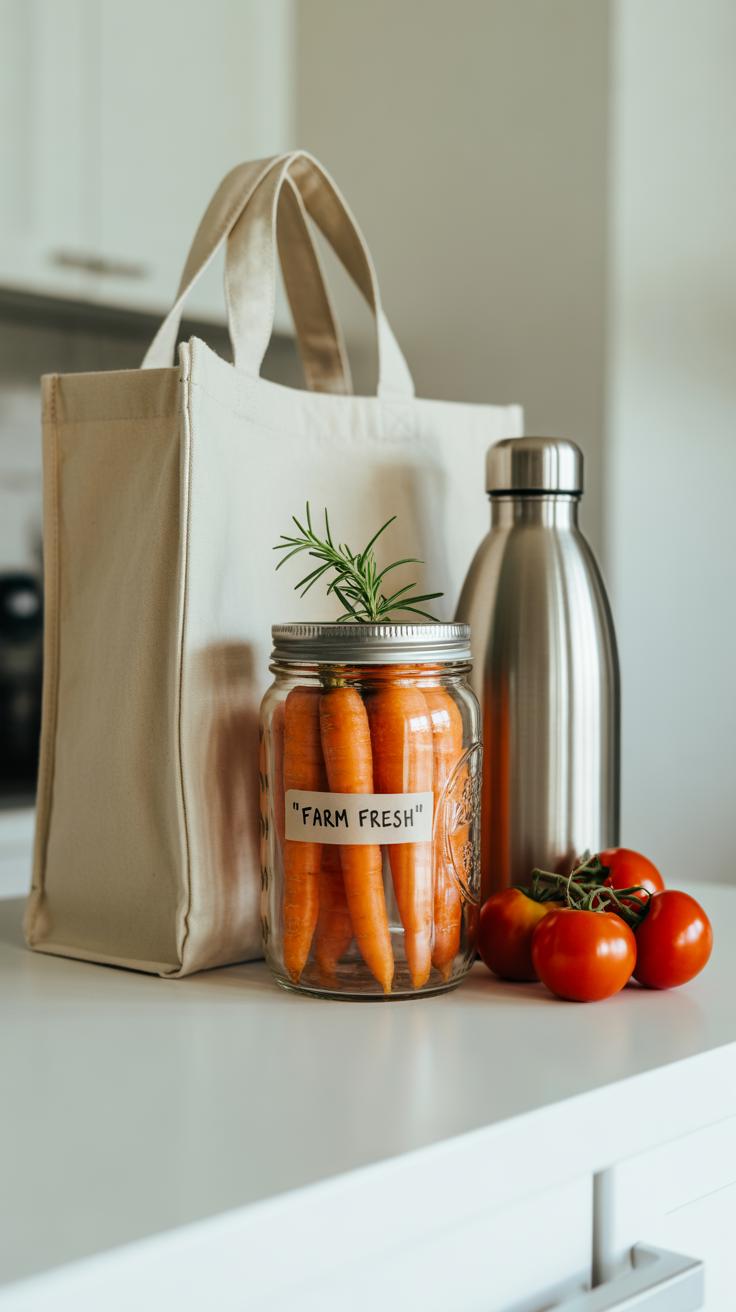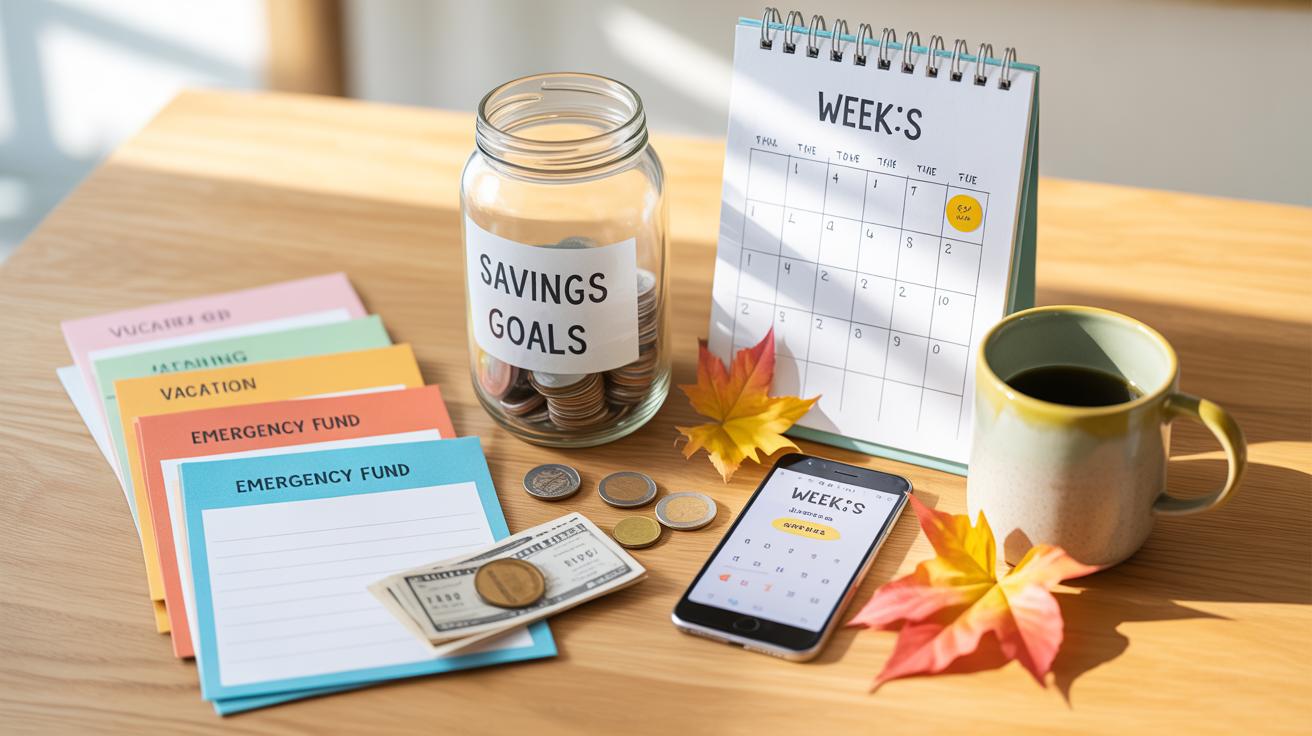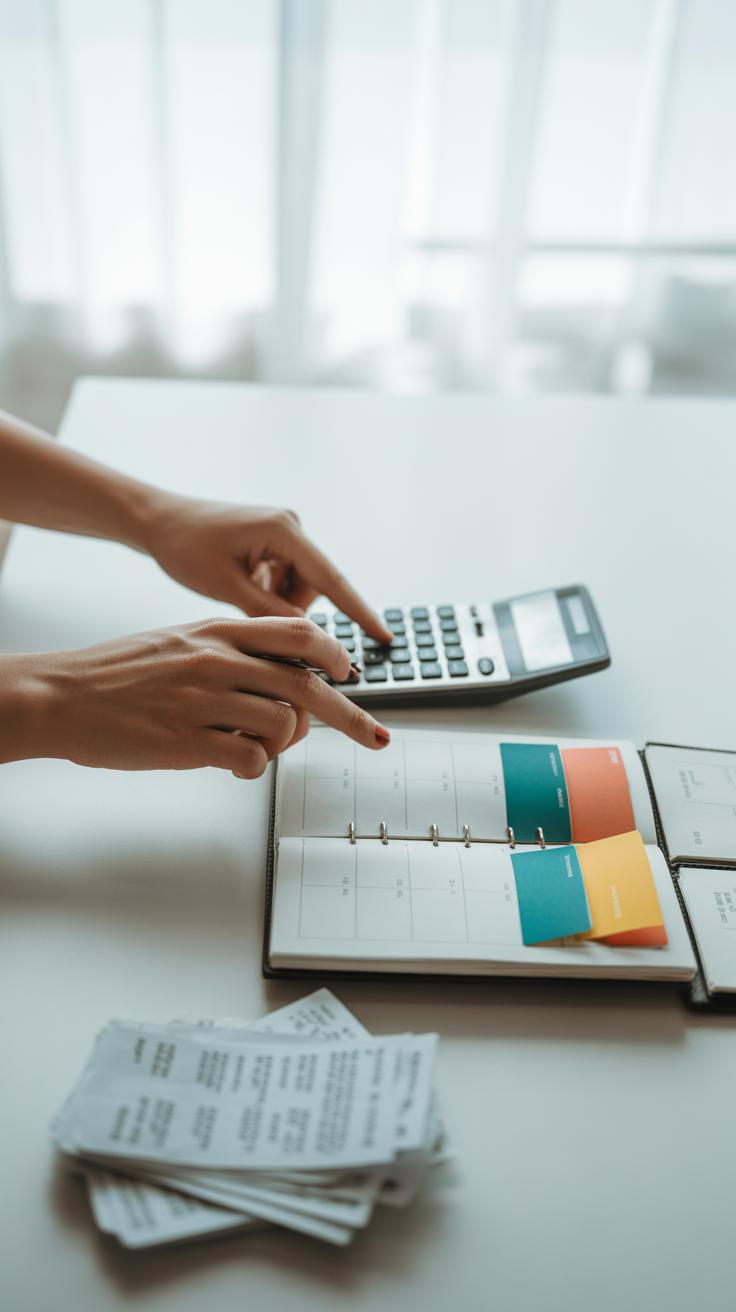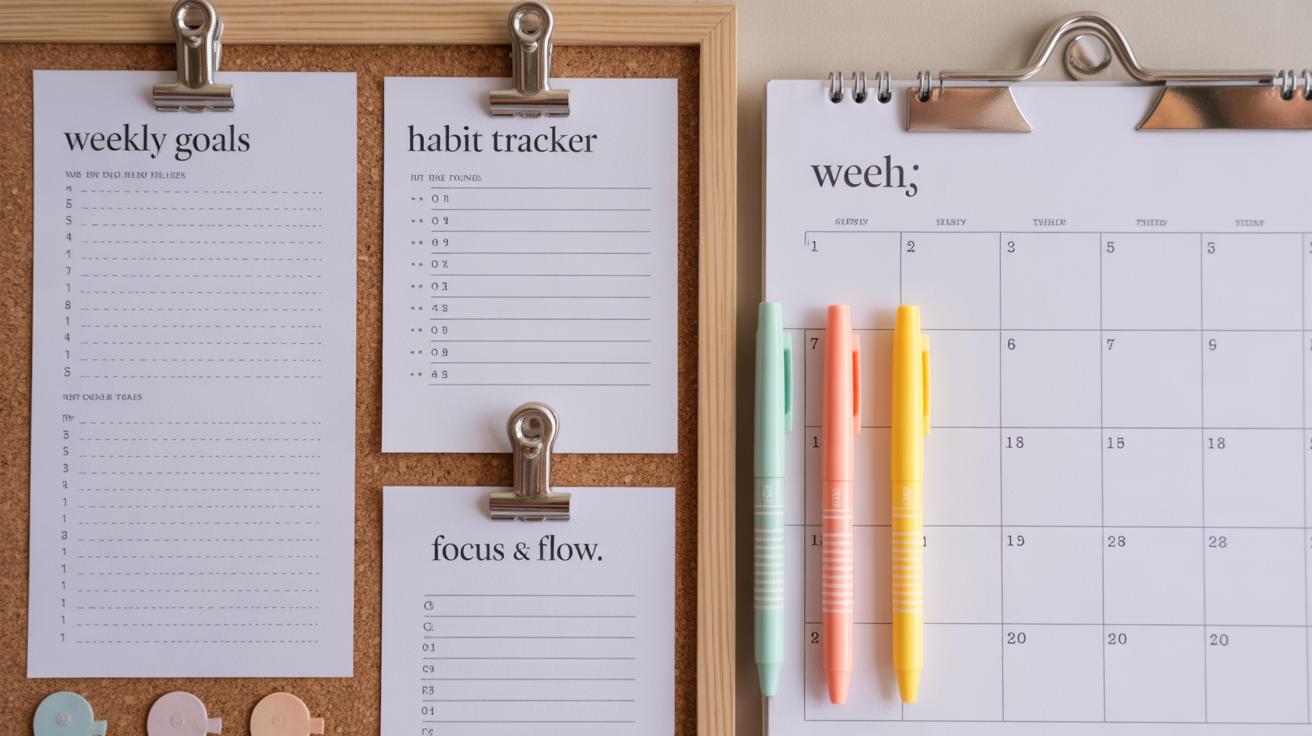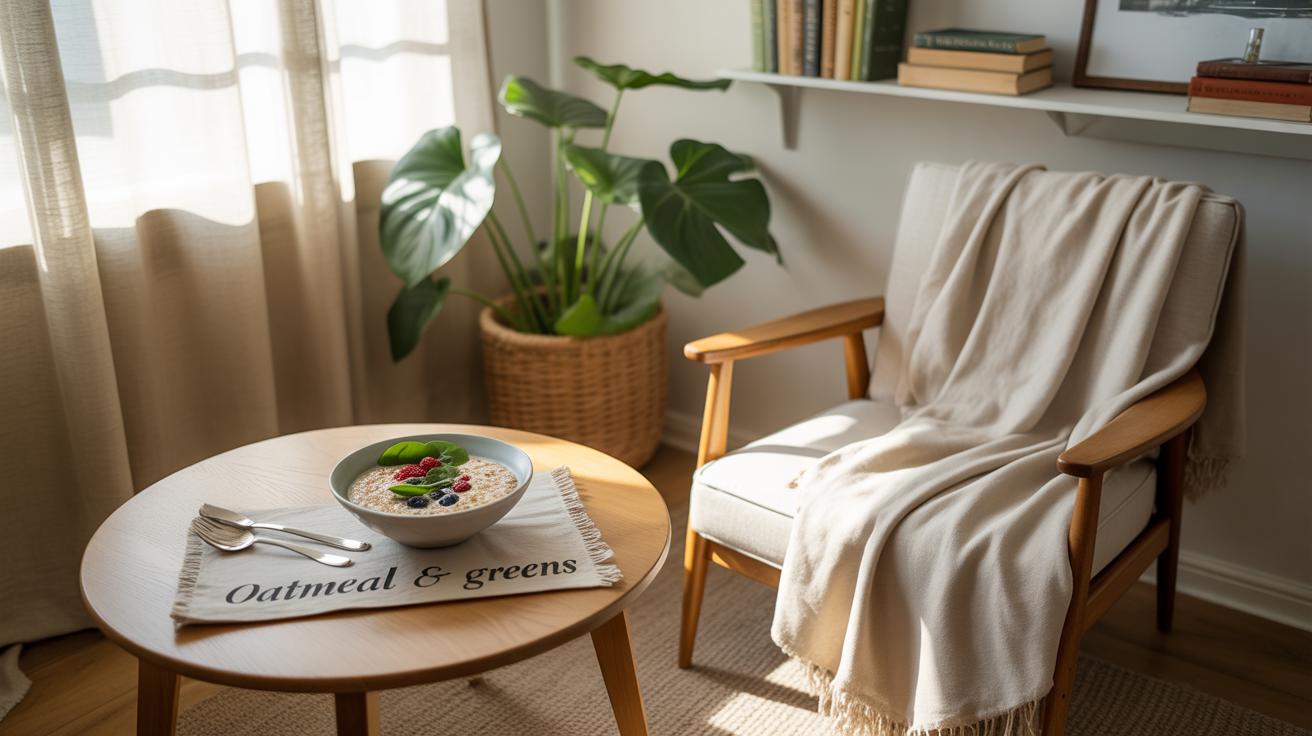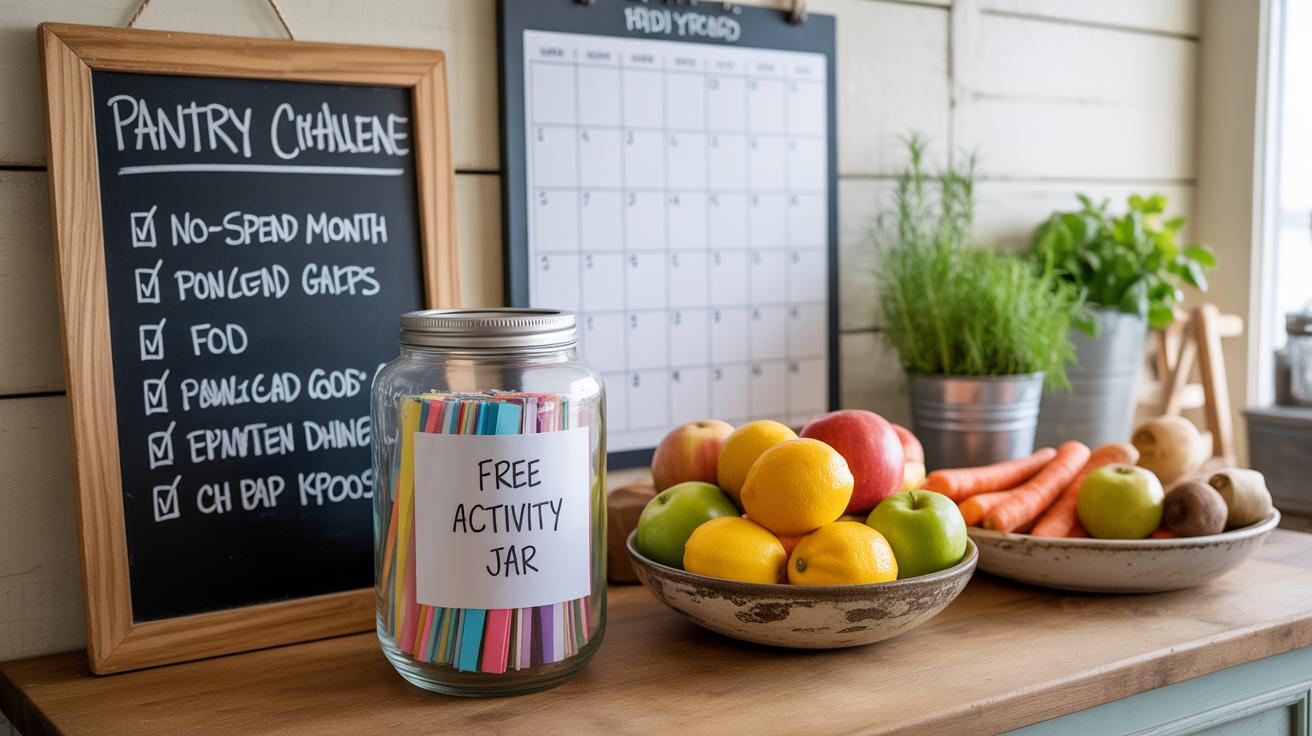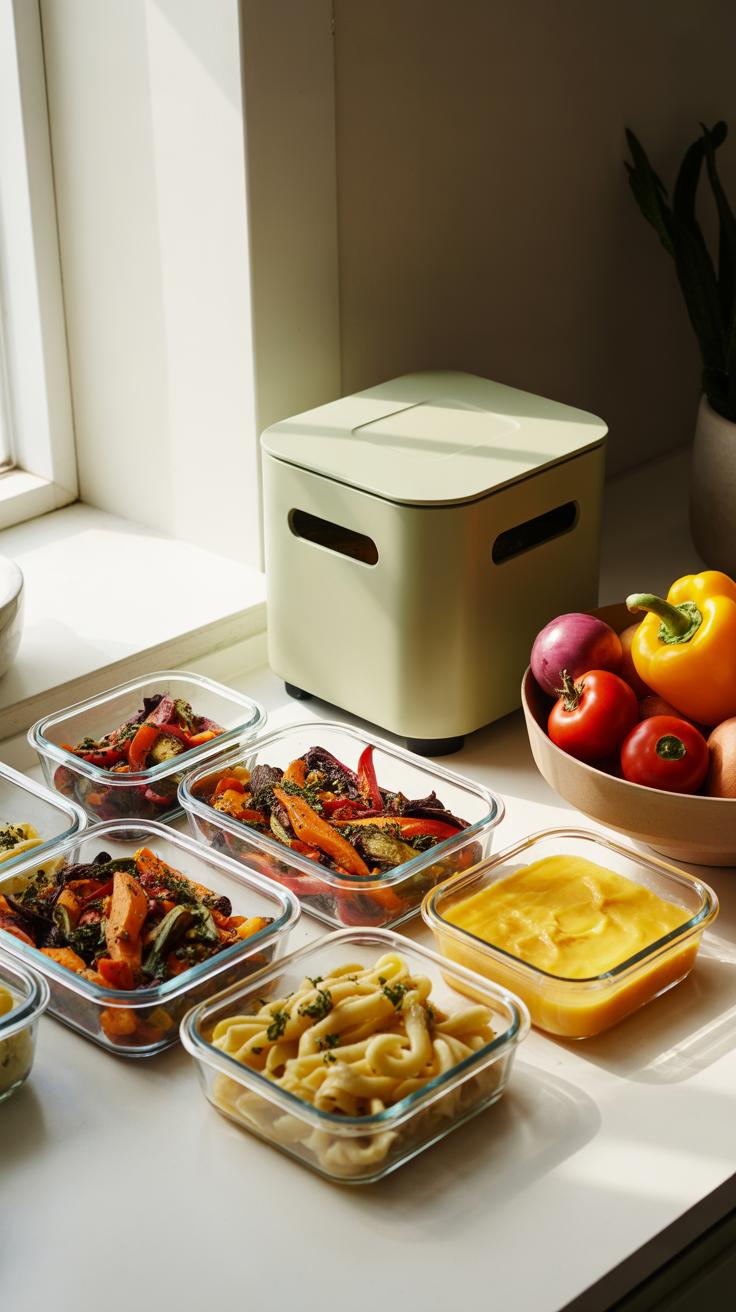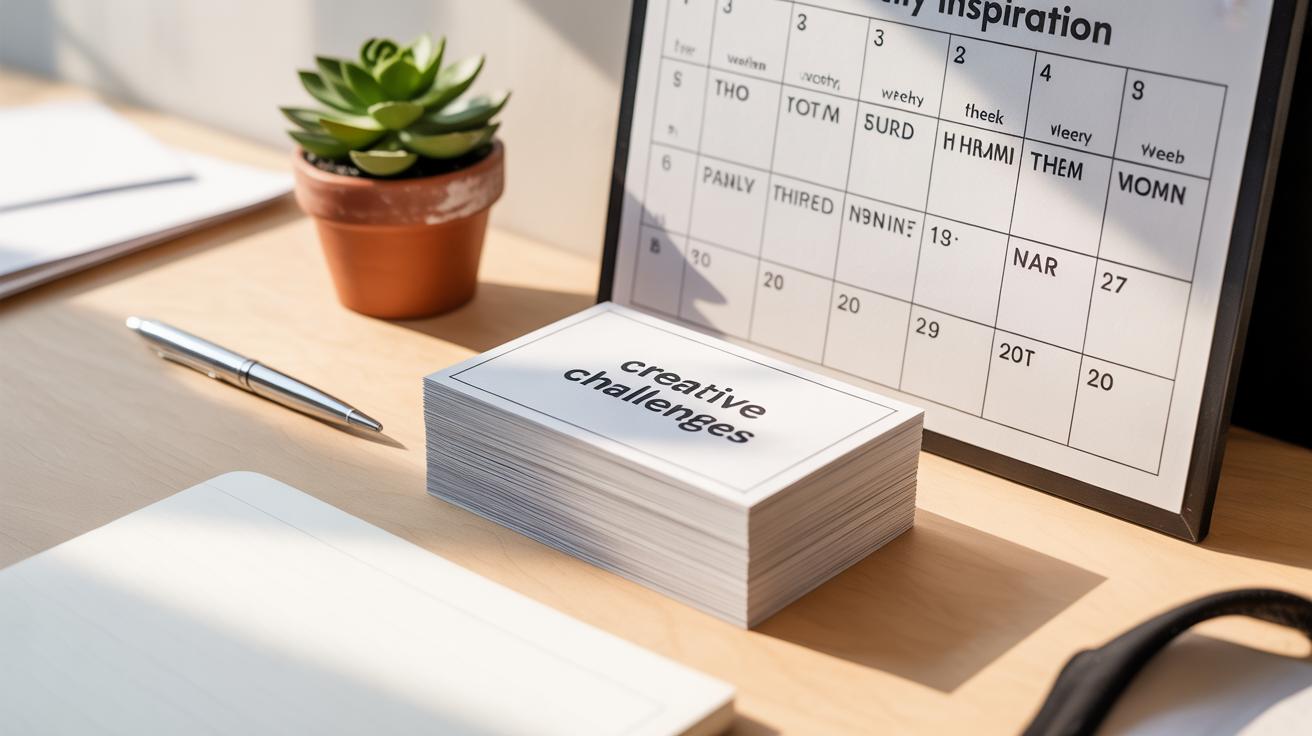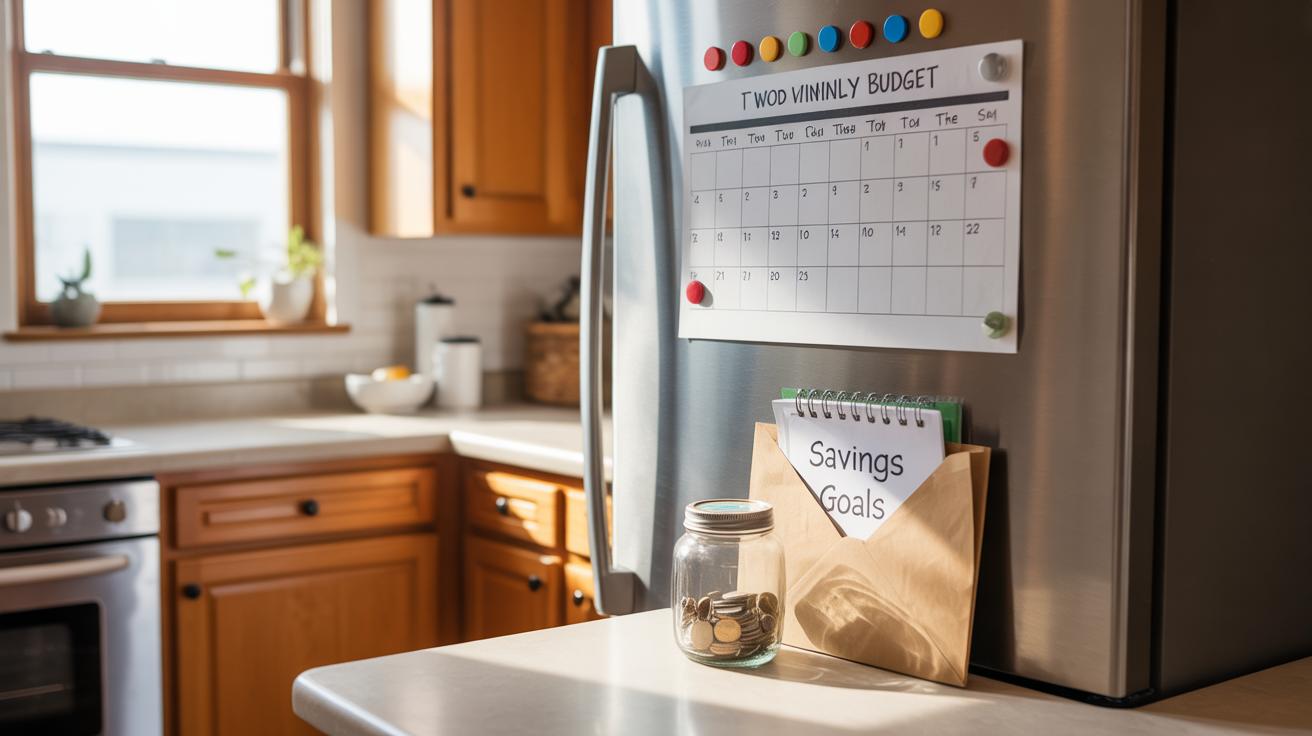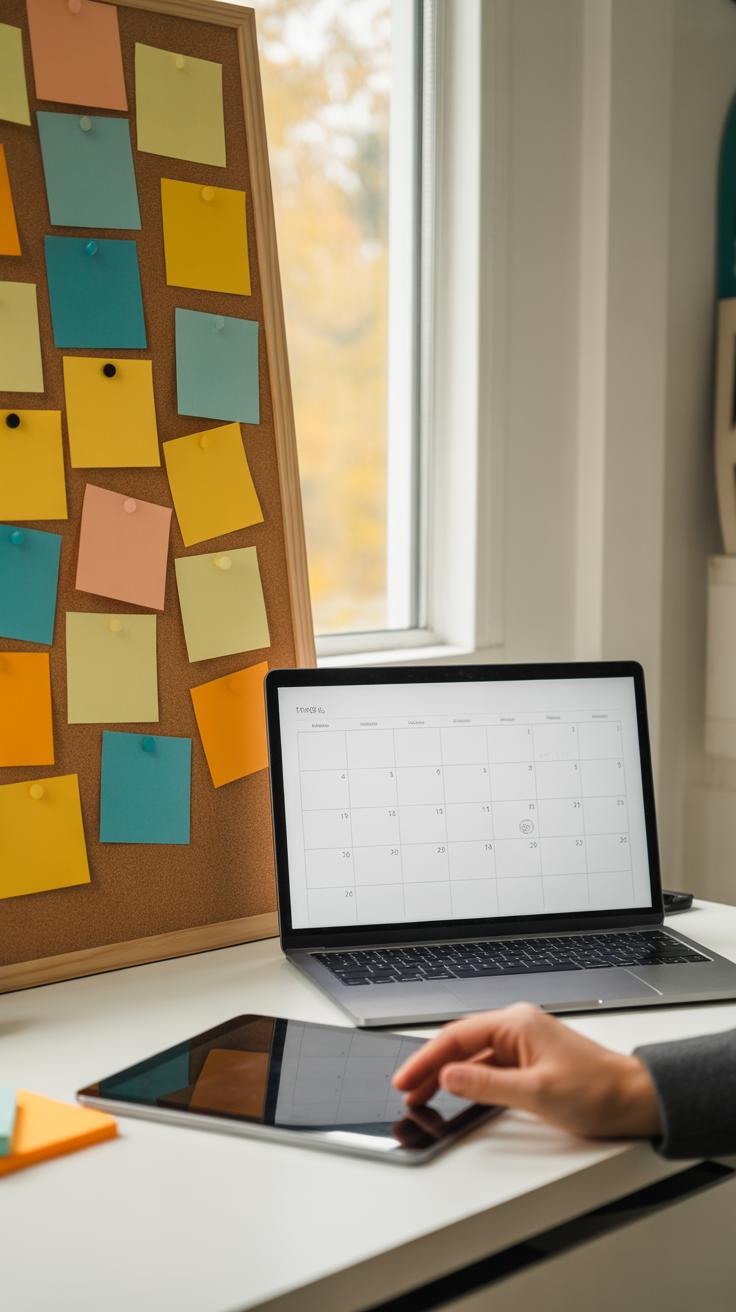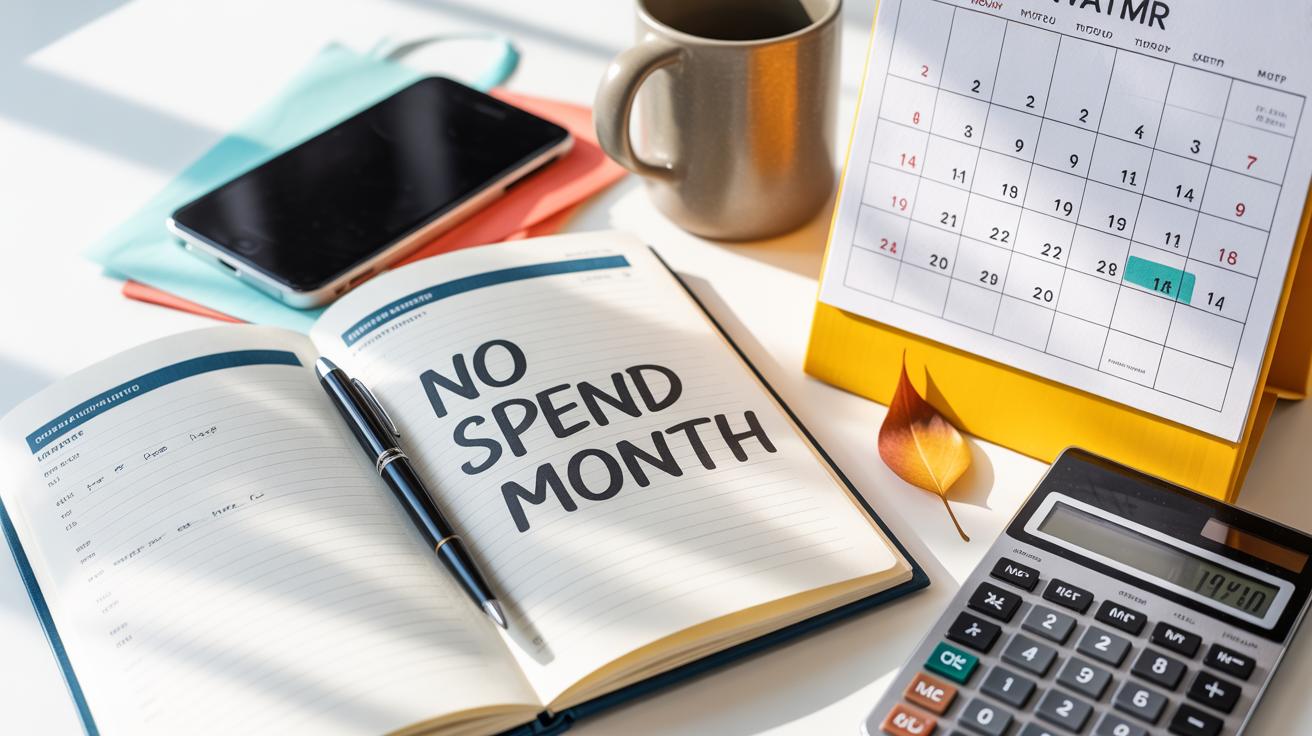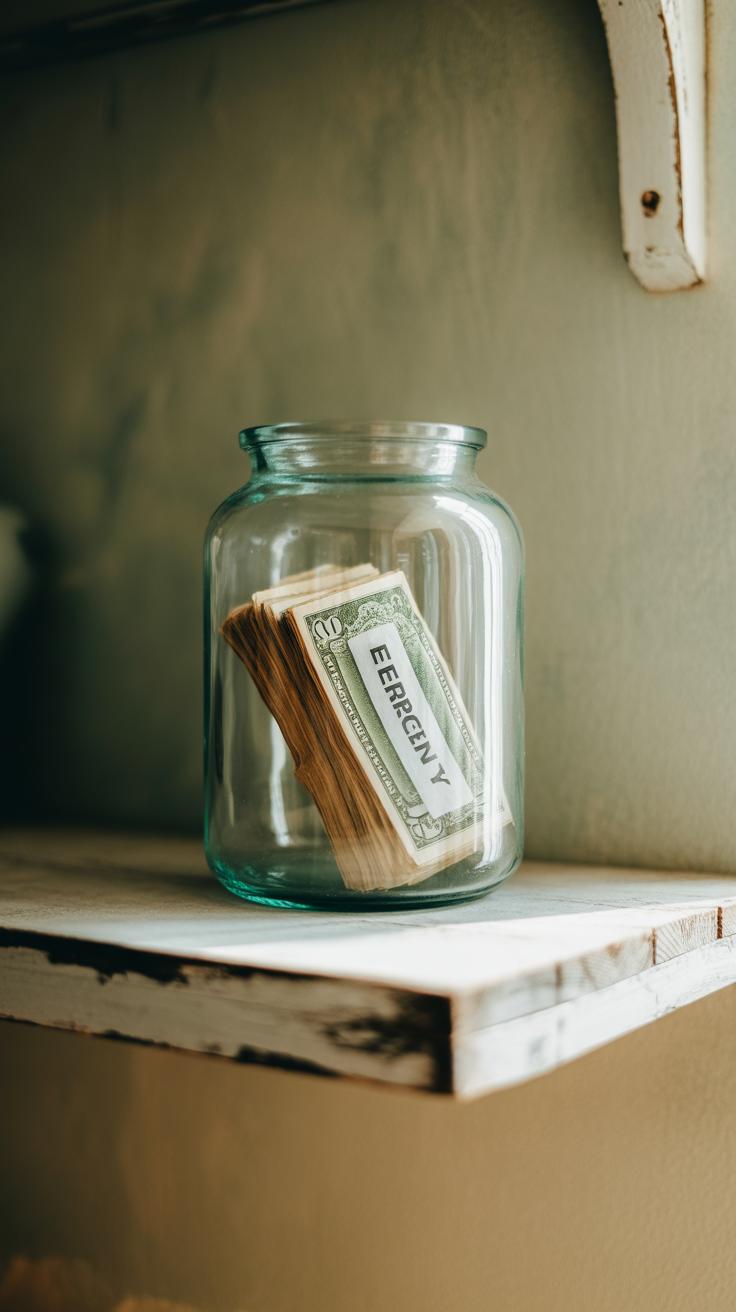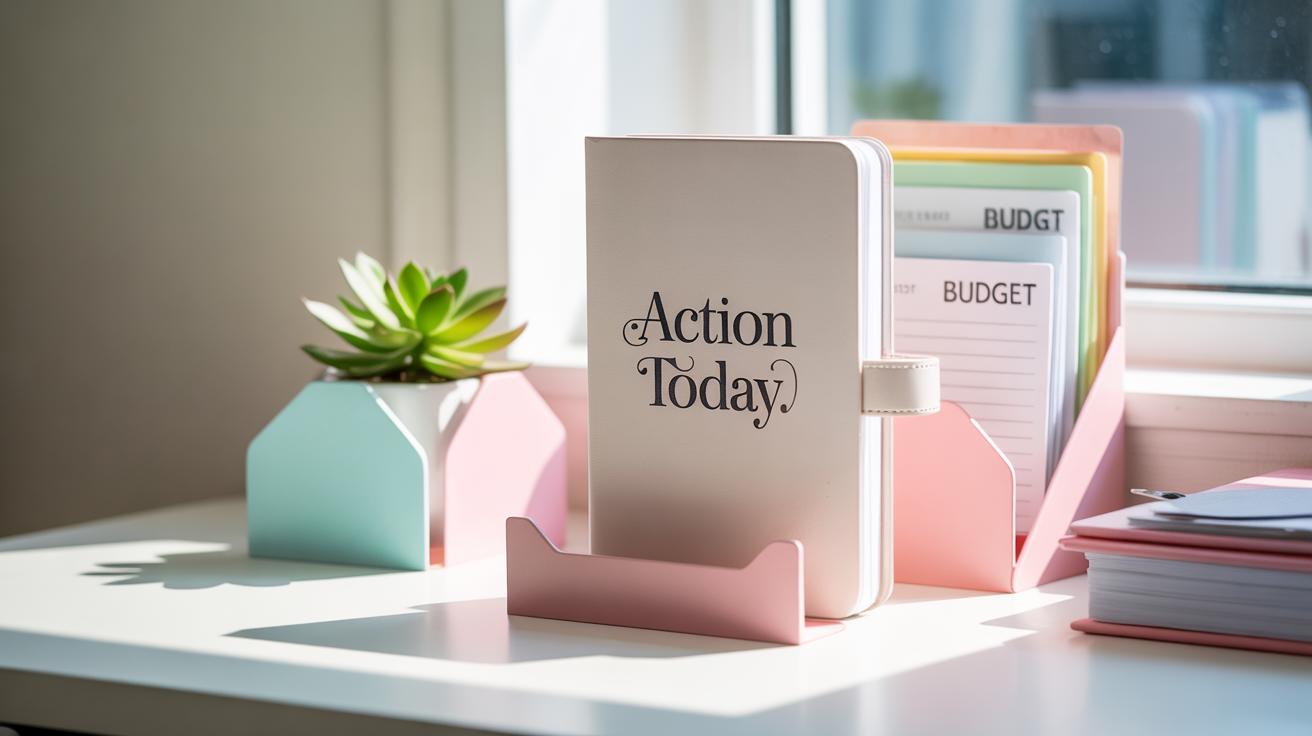Introduction
Learning frugal habits can help you build wealth slowly and surely. Frugality is about spending less, saving more, and making smart choices with your money. It means avoiding waste and unnecessary expenses and focusing on what is really important. This article will explore key frugal habits that you can use in your daily life to improve your financial health over time.
By embracing frugality, you will learn to plan your spending, avoid instant gratification, and use resources wisely. These habits work together to help you save money and invest it for the future. Let’s explore nine chapters that teach practical steps you can take to build wealth through frugal living.
Understanding Frugality And Its Benefits
What Does It Mean To Be Frugal
Frugality is often misunderstood as being cheap or stingy, but it’s really about making conscious choices with your money. It means spending less than you earn, avoiding unnecessary waste, and thinking carefully before you purchase something. It’s not about denying yourself enjoyment but prioritizing what truly matters. You might skip buying a coffee every day, not because you don’t want it, but because you have other goals that feel more important right now.
At its core, being frugal is about control—control over your finances, not letting impulse or convenience dictate your spending. It can be something as simple as fixing things instead of replacing them or planning meals to avoid throwing away food. Everyday decisions shape bigger financial outcomes, even if those choices seem small or insignificant at the moment.
Why Frugality Helps Build Wealth
Frugal habits often lead to saving more money, but saving isn’t the only benefit. By spending less, you reduce the risk of piling up debt. Debt can quietly eat into your finances, making long-term growth nearly impossible. When you choose to live below your means, you create a buffer that makes unexpected expenses less stressful.
This slow approach to wealth isn’t flashy or fast, but it tends to be reliable. The money saved through frugality can gradually build up, especially when invested or simply kept safe. Over time, these small amounts can grow into a financial safety net or even wealth. It might feel slow, and maybe sometimes frustrating, but this steady path often leads to stronger security and less financial anxiety.
In the end, frugality shapes not just what you keep in your wallet but how you feel about money altogether. It encourages mindfulness, patience, and a certain peace of mind that most fast-money methods rarely provide.
Track Your Spending To Find Savings
Keeping track of your daily expenses is one of those things that sounds obvious but slips through the cracks easily. You might feel like you know where your money goes, but few truly do. Writing down every coffee, every snack, or those small errands can reveal surprising patterns.
Simple methods work best here. You can jot expenses in a small notebook or keep a note on your phone. There are plenty of apps that do this automatically if you link your accounts, but even a basic spreadsheet or paper list can help. The key is consistency—capturing every expense without skipping.
Once you see how your money flows, it becomes easier to ask, “Do I really need this?” Small spending leaks add up: impulse buys like those daily takeaway coffees, subscriptions you barely use or forgot about, and extra fees on convenience items. Cutting these selectively can free up more than you expect.
Try looking closely at:
– Daily treats and impulse purchases
– Multiple streaming or magazine subscriptions
– Unused memberships or club fees
– Frequent dining out or delivery orders
You might find that a few small changes, like brewing coffee at home or canceling one subscription, save noticeable amounts. Tracking reveals what feels necessary and what is just habit—sometimes habits we don’t even realize we have.
Create And Stick To A Budget
Making a budget isn’t just about numbers on paper; it’s about taking control of where your money goes so you can see real progress in your savings. Sticking to that budget—well, that’s the tricky part. Without some discipline, it’s easy to slip back into old habits. But when you keep to it closely, you start to notice how much more you can save, and that builds confidence over time.
Building A Realistic Budget
Start by listing your total income. Then, separate your expenses into fixed ones, like rent or utilities, and variable ones, like groceries or entertainment. Don’t forget the smaller stuff—those little purchases add up. It helps to be honest here; if you guess or leave things out, your budget won’t work so well. My experience shows budgets that feel too strict often fail; take some time to find a balance that feels doable but still challenges your spending.
Tips To Stay On Budget
One tactic I found useful is the cash envelope method. Allocate cash to spending categories, and once it’s gone, that’s it for the month. It forces you to think twice before impulsive buys. Also, setting monthly spending limits on your cards can help, especially for those hard-to-track expenses. Sometimes, just checking your budget daily keeps you aware, though it might feel tedious. Yet, being mindful this way nudges you back when you want to stray.
Avoid Impulse Buying And Instant Gratification
Impulse purchases can quietly chip away at your budget. That sudden craving to buy something—maybe a gadget or those shoes you didn’t plan for—often feels harmless at first. But over time, all those unplanned buys add up, distracting you from your bigger money goals.
Recognizing impulse purchases is the first step. These are usually items you didn’t intend to buy before entering a store or browsing online. They’re triggered by emotions, sales signs, or even boredom. You might not notice how often it happens until you review your spending.
Try these strategies to resist those urges: wait 24 hours before making a purchase; this cooling-off period helps you decide if you really need the item. Also, make a clear shopping list and stick to it. It’s surprisingly effective. You’ll find that this delay often cancels the urge altogether.
While breaking impulse habits isn’t easy and sometimes you might slip up, just catching yourself in the moment is progress. Saving keeps your long-term plans in focus, and resisting instant gratification means your money works for you, not the other way around.
Reduce Waste And Use Resources Wisely
Minimizing waste in daily life does more than just trim expenses—it shapes how you think about what you really need. Cutting down on food that spoils, energy that’s wasted, or stuff tossed without second thought helps you hold onto money longer. It’s not always obvious how much this adds up, but small changes pile up over months and years.
So, how can you actively reduce waste around your home? Consider these practical steps:
- Plan meals to avoid buying more than you can eat. Leftovers can be tricky, but freezing or transforming them into new dishes works surprisingly well.
- Turn off lights when rooms are empty. It sounds simple, but it’s easy to forget and just leaves money flying out the window.
- Fix leaks and drips. Water-wasting might seem minor, but it’s a sneaky source of recurring costs.
- Buy in bulk only what will be used. Bulk can save money—if you actually use it all before expiry.
Repurposing items has a subtle charm. Maybe that jar you meant to toss becomes a storage container, or worn-out clothes turn into cleaning rags. Using things longer before replacing them forces a mindset shift—you see value beyond the “new.” It’s not about being cheap. It’s about respecting what you already own to stretch every dollar.
You might wonder if all this effort really changes anything. I’m still figuring that myself, but the slow accumulation of these habits feels like steady progress. And, oddly, it makes you notice things differently—waste doesn’t just disappear, and that awareness nudges choices over time.
Make CostFree Or LowCost Choices
Choosing free or low-cost options for entertainment and daily life can quietly add up to big savings over time. You might not notice the difference day to day, but skipping expensive outings in favor of simple, affordable alternatives keeps more money in your pocket. It’s not about denying yourself fun, really. It’s about discovering enjoyment without a price tag that sneaks up on you.
Finding Free Entertainment Options
There’s a surprising amount of entertainment available that costs nothing or next to nothing if you’re willing to look for it. Parks are right there—walking trails, picnic spots, sometimes free concerts or movies. Libraries aren’t just about books; many offer workshops, film screenings, or even maker spaces with tools and technology to explore.
Community events can also be a goldmine. Street fairs, art shows, and farmers markets sometimes have free activities, and checking a local calendar online usually reveals more than you’d expect. It might feel unusual at first, but these options can refresh your routine without denting your budget.
Saving On Daily Transportation
Transport costs often drain wallets without much thought. Walking or biking not only saves money but also helps with health, though that might be easier said than done for everyone. Even just a few days a week of skipping the car can make a difference.
Carpooling with coworkers or neighbors can cut fuel and parking costs—you might even enjoy the company. Public transportation fits many budgets too, especially when seasonal or bulk passes come into play. The trade-offs? Extra time or less convenience sometimes. But if you’re curious about saving rather than spending, it’s worth trying out a few methods that feel right for you.
Plan Purchases And Look For Discounts
Planning your purchases can make a noticeable difference in your expenses, but it takes a bit of patience and some thought. Waiting for sales means you’re not rushing into buying something at full price just because you need it right away. It might feel inconvenient, but if you can hold off, the savings add up.
Choosing quality over quantity is another angle worth considering. It’s tempting to grab cheaper items, but often, those wear out faster, pushing you to replace them sooner. Buying fewer, better-made things might seem costly upfront, but over time, it usually costs less—and saves hassle. On the flip side, sometimes buying in bulk or cheaper options doesn’t hurt if the product is something you use regularly. It’s a bit of a judgment call, honestly. Just don’t buy last minute; that’s where mistakes sneak in and prices tend to be less friendly.
Using Coupons And Price Comparison
Coupons aren’t just for grocery shoppers anymore. You can find them for all sorts of products—online and in stores. Apps and websites that compare prices before you buy are surprisingly handy. I found myself doubting their usefulness at first, but quickly realized they saved me more money than I expected.
When you have a few minutes, it’s worth checking an app or scanning a coupon before deciding. Sometimes, the difference is small, but if you multiply small savings across many purchases, it grows. Are you willing to spend a little extra time hunting for these deals? Finding the best price becomes a bit of a game. Just be careful not to get caught up chasing every tiny discount—that can backfire.
Build An Emergency Fund
Why Having an Emergency Fund Matters
Life throws curveballs—unexpected bills, job changes, or urgent repairs. Without an emergency fund, these surprises can quickly spiral into financial stress. A safety net like this prevents reliance on credit cards or loans that add more burden. It’s a cornerstone for stability, giving you space to breathe when things go wrong. Some might think it’s less urgent than investing, but one shaky month can wipe out any gains made elsewhere.
Frugal habits support this by freeing up small amounts regularly. Skipping that daily coffee or adjusting your grocery list might sound minor, yet these add up faster than you think. If you’re careful about where your money goes, you’ll find building this buffer far easier and less painful. It’s a quiet but sure step toward peace of mind.
Setting Up Your Emergency Fund
How much should you save? A commonly suggested target is three to six months’ worth of living expenses. Though this can feel overwhelming at first, breaking it down helps.:
- Calculate your essential monthly costs: rent, utilities, groceries, and minimum debt payments.
- Start with a smaller goal—maybe enough for one month—and grow from there.
- Open a separate savings account where the money is easily accessible but out of daily reach.
- Automate transfers, no matter how small, so funds grow without constant effort.
Patience plays a role here. Even if progress feels slow, that steady build counters future shocks. Once it’s in place, you might realize how much less anxiety you have over unexpected expenses.
How Frugality Accelerates Your Fund
Frugality isn’t just about spending less; it’s a mindset that can speed up the emergency fund process. When you cut back on unnecessary items or delay non-essential purchases, you create extra cash flow. For instance, cooking at home rather than dining out a few times a week could shift dozens of dollars monthly into your fund.
You may find that some savings come from habits you barely notice, like canceling unused subscriptions or switching to a cheaper phone plan. These small sacrifices stack up, making a real difference over time. When you see your fund nearing a solid footing, the choice to stay frugal becomes less about restriction and more about security. It’s a push-pull that’s worth navigating if you want a stable financial base before thinking about wealth growth.
Use Your Savings To Invest And Grow Wealth
Once you’ve built a reliable emergency fund, the next logical step is to put your saved money to work. Saving alone won’t build lasting wealth, but investing—carefully and consistently—can. The money you’ve set aside by living frugally doesn’t have to sit idly. Instead, it can grow quietly over time, even if you’re not paying attention every day.
For many beginners, safer investment choices make the most sense. Think about things like high-yield savings accounts, government bonds, or index funds. These options offer lower risk while still giving your money a chance to grow. They aren’t glamorous or flashy, but they protect your principal and build on it steadily.
It’s tempting to wait for the “perfect moment” or the “right stock,” but often the better strategy is simply to start small and stay consistent. Regularly adding money to your investments, no matter how modest the amount, lets compound interest do its thing. Money earning money, quietly and gradually, can surprise you years down the line.
Can you imagine sitting back years from now, looking at an account balance that once seemed out of reach? It’s not magic—just patience and smart use of your frugal savings. So, once you have that emergency cushion, consider channeling more of your saved funds into investments that grow rather than just sitting in plain savings.
Conclusions
Frugal habits shape how you manage your money every day. They help you cut costs, reduce waste, and avoid spending on things that do not add value. The habits in this article show that wealth is not built overnight but slowly through consistent actions. When you live frugally, you also gain better control over your financial future.
Practice the steps shared here and make them part of your routine. This will lead to steady savings, less stress about finances, and the ability to invest in your long-term goals. Frugal living is a path to financial freedom that anyone can follow with patience and effort.



